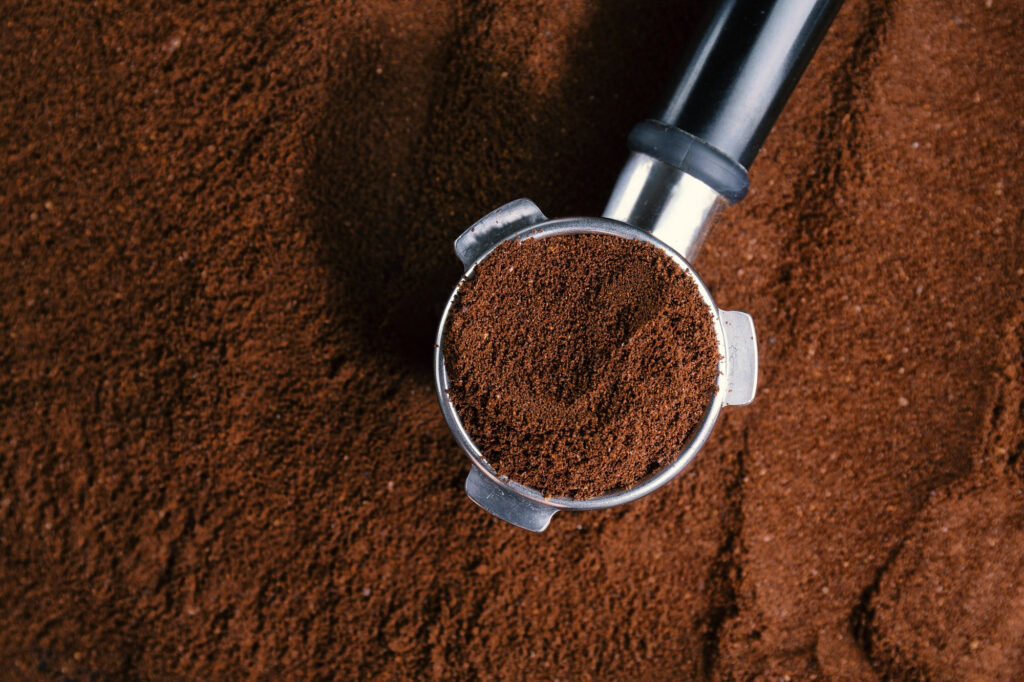To begin with, a few interesting historical facts:
Voltaire drank 50 cups of coffee daily and lived to a respectable age of 83 years. An ardent fan of coffee was Ludwig van Beethoven, who always brewed it from 60 grains. Balzac could not imagine a day without 40 cups of coffee!
The fact is that when you get used to the refreshing effect of caffeine gradually weaken, and to increase the tone, you have to increase the dose of coffee. Previously, coffee was considered a luxury and was a drink of gentlemen. But now, almost everyone drinks it. How to make such an amount of invigorating drink bring only benefits?

In the company of a cigarette, instant coffee turns almost into poison. Scientists have proven that such a couple increases cholesterol levels, and the harm to the heart from this combination doubles or even triples compared to how caffeine and nicotine separately affect the work of the cardiovascular system.
Even the most helpful product, in large quantities, can become poisonous. Coffee is no exception. This drink helps many people to cheer up, feel better, and work actively, but all these advantages have a downside.
Coffee contains caffeine, an overdose of which can cause headaches and cause heart and nervous system problems. Coffee should not be drunk by those who suffer from gastritis or peptic ulcer, as well as pancreatitis or diabetes.
In all other cases, there is also a sure norm concerning coffee. It is determined not by the amount of coffee consumed but by how much caffeine it contains. So, if one person drinks a very strong ristretto and the other drinks an Americano diluted with water, then the maximum amount of coffee per day will be different for them.
The norm or how many cups a day can an adult drink?
For adults, the amount of caffeine entering the body at one time should not exceed 100-200 mg. You can drink no more than 2-3 such servings per day. The following amount of caffeine is optimal every day:
- No more than 300 ml per day;
- No more than 120 mg per 1 dose.
It is best to use natural, freshly ground coffee — it does not contain chemical additives that can negatively affect health. Decaffeinated coffee is the most helpful drink — it has almost no caffeine, but at the same time, it includes many additives, many of which may be harmful. Accordingly, it is better to limit its use even with decaffeinated coffee.
Then let’s look at how much caffeine is in different coffee drinks.
- One cup of espresso — from 80 to 135 mg;
- One cup cappuccino — from 70 to 80 mg;
- One cup of coffee brewed in Turkish coffee — from 115 to 175 mg;
- One cup of instant coffee — from 65 to 100 mg;
- One cup of decaffeinated coffee — 3-4 mg of caffeine.
Remember that these are just rough guesses. Caffeine content varies greatly depending on various factors, from the type of coffee used in a specific recipe to the brewing method.

Some tricks can reduce the amount of caffeine in coffee while it’s, which means you can drink more of the drink per day. For example, when preparing a drink in a Turk, you can pour ground coffee not cold but with hot water, which will shorten the extraction time of caffeine, decreasing its content in the drink. It is better to serve such coffee after straining so that there is no thickness in the cups.
Another way is to add milk to coffee not only reduces the concentration of caffeine — thanks to milk, but it is also absorbed more slowly, and its effect becomes less aggressive.
Quantity matters
Scientists, researchers, and doctors have been studying the properties of coffee for many years. We can use this drink in many different ways, and the effects it has on the body depend on how many cups are drunk each day. Let’s see how the nervous and cardiac system reacts to 1 cup and six mugs of strong drink.
One cup – one use
This is what most academics and scientists agree on at this point. They also found that a cup of drink a day strengthens the walls of the arteries. Why? It is because the grains contain antioxidants that saturate the blood with oxygen. The latter element can relax the walls of the streets. Let’s conclude – one cup definitely won’t hurt.
The reverse side. Even one cup of coffee can cause insomnia, especially with solid espresso.
Two cups stimulate the brain.
What researchers who analyzed caffeine’s impacts found. However, people did not participate in the research. Nevertheless, 200 milligrams of caffeine will not allow proteins to affect the brain and cause Alzheimer’s. Also, 2 cups of the drink are considered the optimal dose to recharge themselves before going to the fitness center.
The reverse side. Two cups of drink can aggravate the problem for people with high blood pressure. Also, this amount of coffee will be the “limit” for a pregnant woman.
Three cups will protect you from cholelithiasis. Yes, precisely this amount of drinking is necessary to minimize the risk of this disease. Also, 3 cups a day can protect against the development of ovarian cancer.
The reverse side. Consumption of about 250-300 mg daily increases the heart attack risk.

Four cups from four diseases
Studies have shown that consuming more than 370 mg of caffeine can minimize the risk of diabetes and oral, laryngeal, and prostate cancer. Great minds claim that people who drink 4 cups of coffee are 40% less likely to suffer from these diseases.
The reverse side. It is not necessary to say that such an amount of coffee beans can lead to cardiovascular diseases. Also, more than 350 mg of a cheerfulness drink can lead to rheumatoid arthritis. Why is this happening? A large amount of caffeine causes reactions in the body, leading to an inflammatory process in the joints.
Five cups will “save” the liver.
Japanese scientists have concluded that drinking 5-6 cups of coffee reduces the risk of liver disease. Studies conducted in Tokyo showed that out of 90 thousand people who drink 500 mg of caffeine daily, only a quarter had liver problems.
Already you understand how many cups of coffee you can drink every day without hurting your health. It should also note that a certain amount of refreshing drink and its quality can affect your well-being. That is why choose only natural coffee varieties and brew them yourself.



